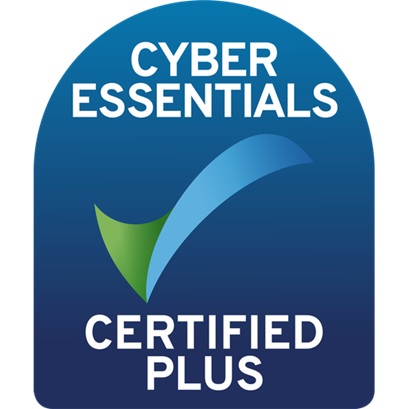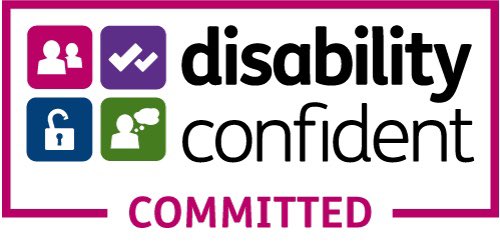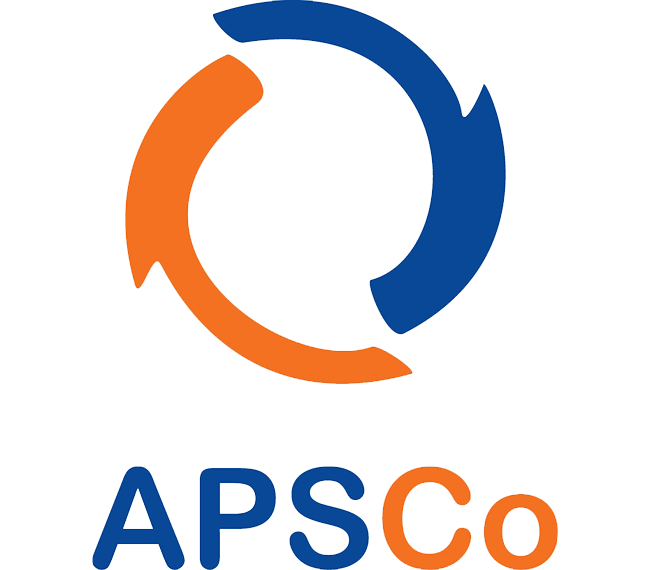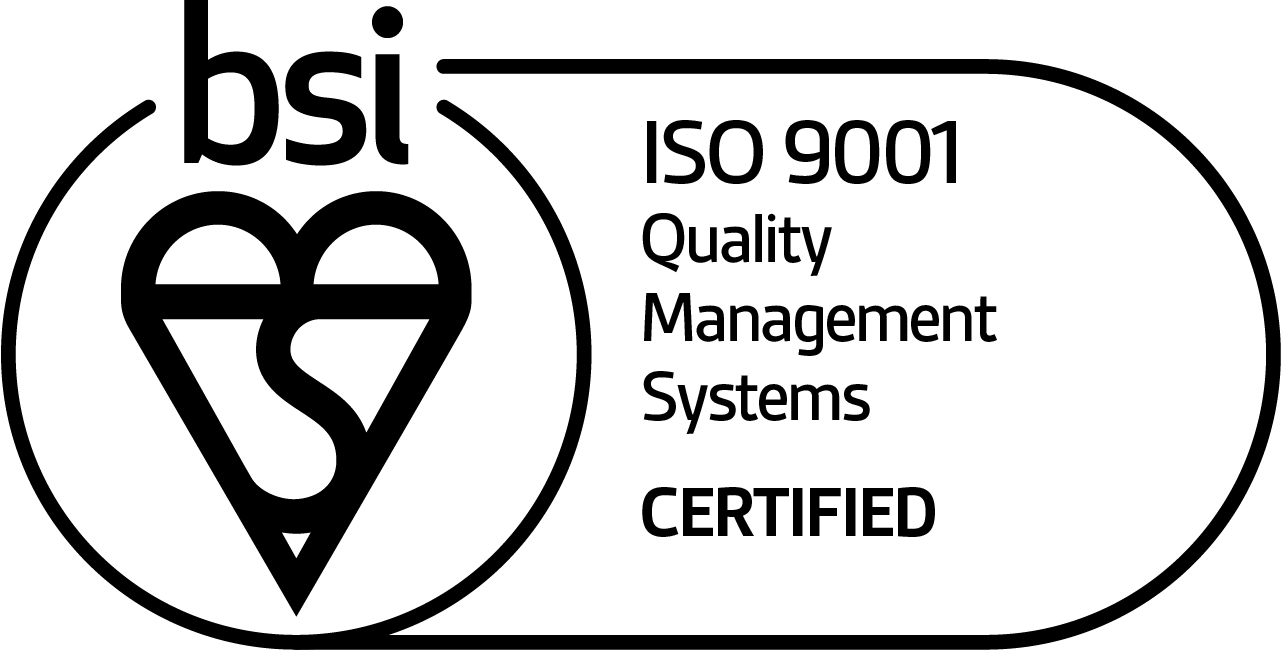After nearly 25 years in recruitment, I’ve spoken with thousands of people navigating the complex and emotional journey of changing jobs. From excited first steps into new industries to hesitant leaps after redundancy or burnout, I’ve seen just how varied — and how stressful — this transition can be.
At Scantec, supporting people through these moments isn’t just part of our job — it’s part of our culture. I play a hands-on role in onboarding and settling new team members into our own organisation, and I’ve learned that the right support in those early days can make all the difference.
For the candidates we work with, we take the same approach: supporting not just the placement, but the person. That means offering guidance before interviews, sharing insights about team culture and expectations, and staying in touch long after a role begins. We’re here to reduce the uncertainty, give people the confidence to make informed decisions, and help them feel seen — not just selected.
This article is a reflection of everything I’ve learned from listening to, and working with, professionals at every stage of transition. Whether you're considering a change or supporting someone who is, I hope these insights help you feel more prepared, and a little less alone.
Understanding the anxiety when changing jobs
Leaving a familiar work environment can take a toll on you. You're saying goodbye to routines, relationships, and a sense of certainty. The unknowns of a new role — unfamiliar systems, team dynamics, or expectations — naturally trigger anxiety.
At Scantec, we hear this all the time. It’s why our consultants prioritise transparent communication with candidates, sharing not just job specs, but what it’s really like to work in a new environment. We believe that reducing unknowns reduces anxiety.
Identifying Personal Stress Triggers
One of the most empowering things you can do during a transition is to understand what personally triggers your anxiety. Is it fear of failure? Worry over fitting in? Financial pressure? Recognising physical and emotional signs like fatigue, irritability, or overthinking can help you take action early.
At Scantec, we regularly check in with our candidates and encourage open, honest conversations about worries and expectations. These aren’t just admin calls — they’re check-ins for your peace of mind.
Preparation Before the Job Change
Preparation isn’t just practical — it’s protective. Here's how we encourage candidates to prepare:
- Research the company — not just what they do, but how they do it. At Scantec, we share insider insights gathered from years of working with our clients so you’re not walking in blind.
- Organise your personal life — sort out commutes, childcare, and schedule changes early. We understand how these factors can influence job satisfaction, and we’re here to offer advice.
- Set realistic expectations — not everything needs to be perfect in week one. We help candidates set healthy transition timelines based on role complexity and company culture.
Building a Support System
Support is everything during change. Family and friends are essential, but having a professional support system is just as important.
Scantec doesn’t disappear after your first day. We stay in touch during your onboarding period to make sure you're adjusting well. If needed, we’ll act as a sounding board or help mediate concerns. You’re not just placed — you’re supported.
We also encourage you to connect with mentors, former colleagues, and your network. We can even help with introductions or point you to people in similar roles if you’re stepping into a new sector.
Focusing on Positive Aspects
A job change is also an opportunity — for growth, learning, and sometimes a complete refresh.
We always remind our candidates to:
- Focus on skills they’ll gain.
- Reflect on what they’re leaving behind and why.
- Set mini-milestones to build confidence.
Celebrating small wins — like your first successful meeting or learning a new system — can make a huge psychological difference. We love hearing about these wins from our placed candidates and often discuss them in our follow-up calls.
Effective Communication
Clear communication early on builds trust and reduces pressure.
We advise our candidates and new employees to:
- Ask questions confidently.
- Request feedback after the first few weeks.
- Communicate challenges before they become bigger problems.
Reflecting on the Transition
After you’ve settled in, take time to reflect. What went well? What would you do differently next time? This reflection helps you grow professionally and prepares you for any future career transitions.
If you’ve worked with Scantec, we can schedule check-in conversations a few months in to hear your reflections and feed that insight into how we support future candidates — and future you.
Conclusion
Changing jobs is one of life’s bigger stressors — even when it’s for the best. But with the right mindset, preparation, and support, it doesn’t have to feel overwhelming.
At Scantec, we believe that recruitment is about relationships, not just roles. Whether we’re placing you in a new opportunity or welcoming you into our own team, our goal is to make transitions smoother, more human, and ultimately, more successful.
If you’re considering a change — or in the middle of one — don’t hesitate to reach out. We’re here to help, every step of the way.






